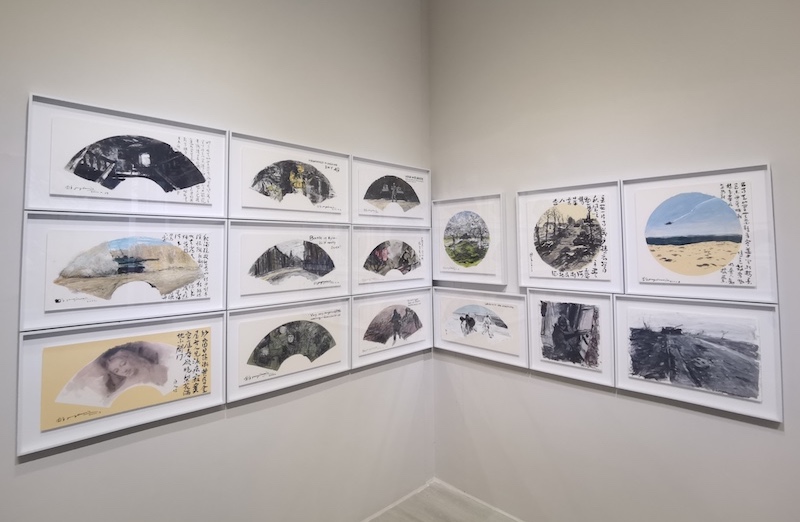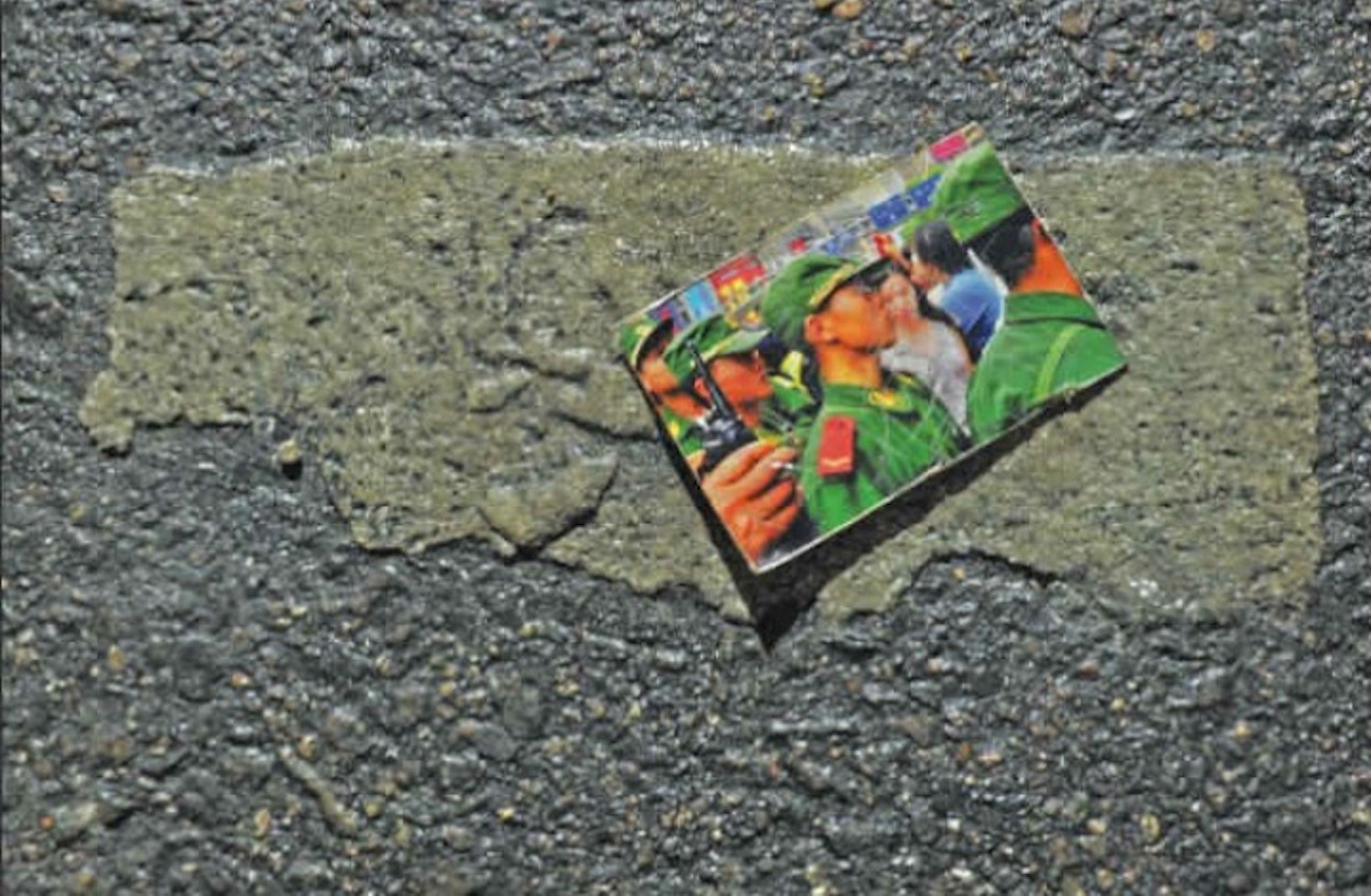How will humanity react to news of alien life? That’s the question Liu Cixin addresses in The Three-Body Problem, the first of an award-winning trilogy that is China’s best-selling sci-fi. With the excellent translation by Ken Liu – a fine science fiction writer himself, who provides useful footnotes – we can find out what the fuss is all about.
We open with the traumatic experiences of Ye Wenxue, whose astrophysicist father is disgraced and killed in the turmoil of the Cultural Revolution. She ends up in the countryside alongside millions of other ‘sent-down’ youths, but one day is plucked away in a helicopter to help with a top-secret military installation.
Her political status is highly suspect, but her scientific skills are recognized, and as time passes she is eventually told the real purpose of Red Coast: to send messages out to space in the hope of a response.
When a response does arrive, Ye is the only person who sees it. She has a decision to make, for it’s not a warm greeting. It’s a warning to stop sending messages, or risk destruction.
Forty years later, scientist Wang Miao is roused from his Beijing apartment to advise the Battle Command Center. He is mystified by the name, and even more confused when American and British generals turn out to be part of the group (in a nice touch, they speak perfect Chinese). It’s time for mankind to start dealing with the consequences of Ye’s decision decades earlier.
Interstellar distances are unimaginably vast and any alien arrival will not take place for hundreds of years. But theoretical physicists are inexplicably dying – one leaves a note saying “Physics has never existed, and will never exist” – and Wang starts seeing an impossible countdown on digital photos, on screens and even coded in the cosmic radiation of the universe.
He is asked to infiltrate the Frontiers of Science organization to find out more about their role in the strange events. Are there humans out there working to betray their own species?
And then… a narrative wrong turn. A computer game called Three Body turns out to be key to getting to the truth of matters, and whole chapters are taken up by Wang’s gaming, virtual body suit and all.
There is actually some fascinating stuff in this content: the nature of the famous three body problem that gives the book its name, a depiction of evolutionary adaptation to a far less stable environment in another solar system, a really cool human computer.
But it’s clunky and irritating a lot of the time, especially with its borrowing of historical figures from both Chinese and world history. A standard science fiction data dump would have been preferable.
Liu has obviously been influenced by the great Isaac Asimov – there’s a shout-out at one stage – and aspects of the plot bring one of Asimov’s most famous short stories to mind. They have something else in common too: while they’re great idea guys, you don’t turn to them for realistic characterization or plausible dialogue. Asimov overcame this through charm and verve, but Liu’s prose is clunky enough at times that it distracts.
Note that it’s not the translator’s fault; there’s not much you can do when battling students are described as “a multitude of CPUs working in parallel,” or a character as a “Geiger counter that had been subjected to too much radiation.” You’ve got to admire him for making up an Einstein quote though: “In China, any idea that dared to take flight would only crash back to the ground. The gravity of reality is too strong.”
In that sense, and without being pejorative, this is pure sci-fi that doesn’t transcend the genre. While Liu is not shy about mocking the absurdities of the time – very amusingly when it comes to the first attempt at crafting a message for putative aliens – we take him at his word when he says his novel is not intended to be in any way a metaphor for modern culture (fair enough).
It’s hard to care much about the fate of the characters, plotting can be shonky, and despite narrative protestations the aliens essentially think like funny-shaped humans. But it doesn’t matter! The book is incredibly fun and has a plausible premise and denouément, plus a bravura depiction of the effects of working in multiple dimensions towards the end.
Science fiction, like punk rock, seems a good fit for the modern Chinese artist, and it has been booming in recent years. Officially designated as children’s literature, The Three-Body Problem is the first in its genre to be translated into English in three decades, and we’re looking forward to seeing more, in the hope of finding clever genre writing with the brains and (mostly) nifty execution of this one.
// The Three Body Problem (Tor Books) is available on Amazon.





















0 User Comments